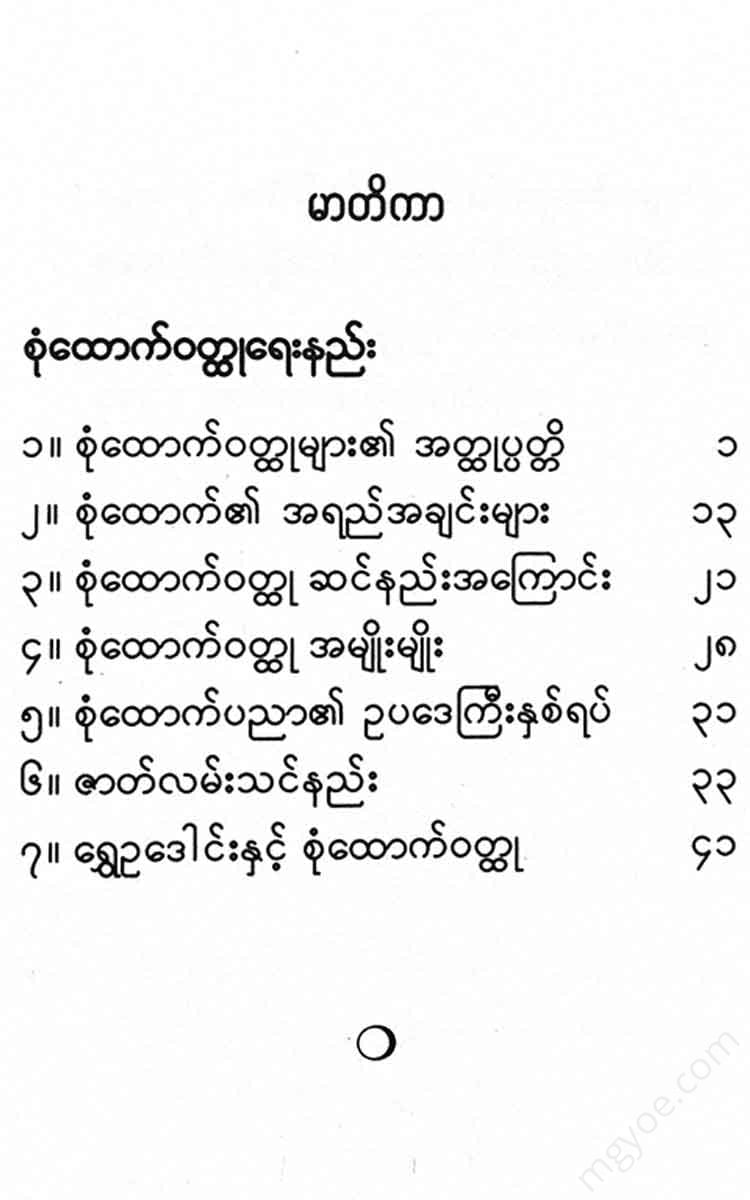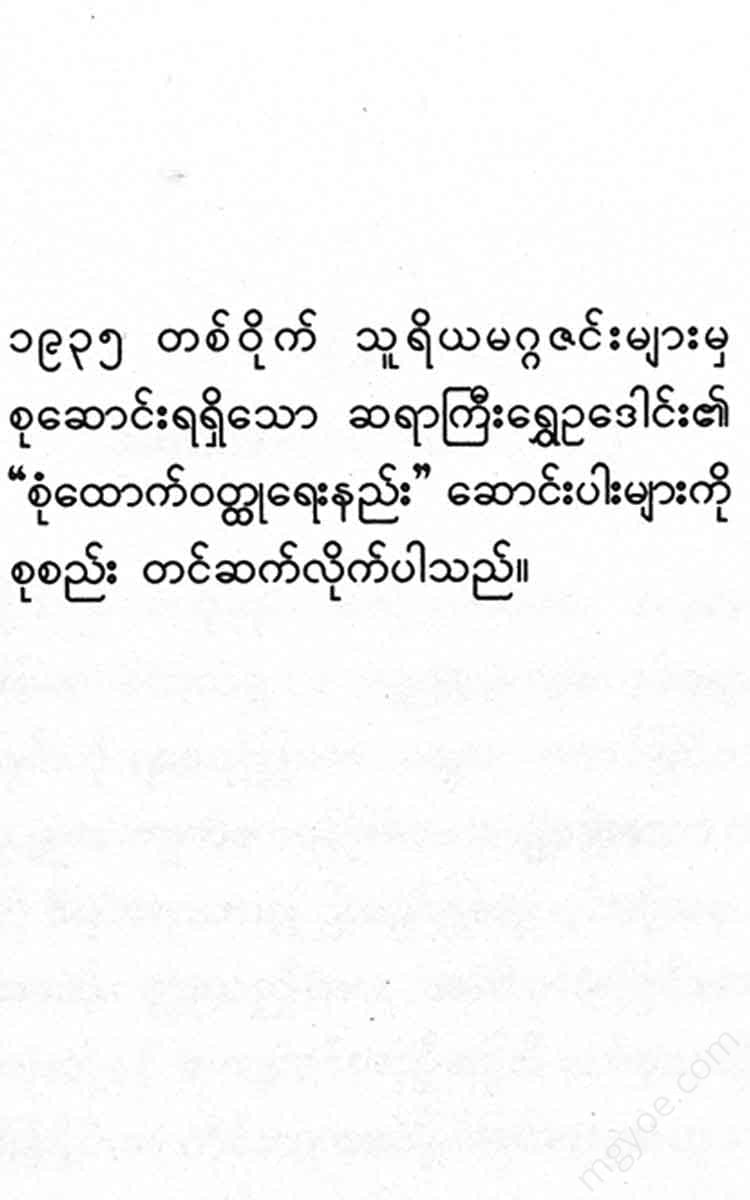စိတ်ကူးချိုချိုစာပေ
Golden Peacock - How to Write a Detective Story
Golden Peacock - How to Write a Detective Story
Couldn't load pickup availability
The essence of detective stories
People have written various kinds of works for the sake of knowledge, for entertainment, to arouse curiosity, or to entertain the mind. Among them, detective stories cover all of these things and are the type of stories that most use the readers' reasoning, reasoning, and reasoning skills. This is because the class of readers who want to enjoy the thrill of the story and not use their brains do not like detective stories. For those who want to entertain the mind, there is hardly any other type of story that can come close to detective stories.
In an age when the laws of the government are so strict that the police officers, having arrested and imprisoned an unsuspecting person in a crime, torture him in some way or another until he is convinced that he is guilty or not, the public has no sympathy for the government officials, but only for the accused. In such an age, the public is inclined to praise and encourage a criminal who is clever enough to outwit the police officers, and to enjoy the torture, torture, and confusion of the police officers. In such an age, it would be very difficult to write a detective story that would satisfy the readers. Because the purpose of a detective novelist is to have a "plot" in his novel, according to the rules of detective novels. If the readers do not fall in love with the "plot" but with the criminal, the novel will definitely become a "screaming" novel.
In England, however, even ordinary policemen are paid a large salary, and some of them are college graduates. The honesty of ordinary policemen in England is as famous as in the garden. Once, a policeman saw a policeman having sex with a prostitute in a large park reserved for the public one night, and a policeman arrested him and tried to take him to the police station. Then the policeman, without revealing who he was, first begged him to let him and the victim go, and then bribed him with all the money he had. However, the policeman did not care about the bribe, but only took the two victims to the police station. Then the police chief flattered him by saying that he was a great friend of the police chief and that if he released him, he would tell the police officer to promote him. The police officer refused as before. Finally, the police chief was afraid of being embarrassed in front of the public, so he apologized and said that he was the police chief himself, and if he released him, he would promote the police officer overnight. The police officer said that he was very sorry for arresting his superior, but he had to do his duty, and then he took the two suspects to the station. When the police chief's case was brought to the court for investigation, the police officer fully disclosed that the police chief had bribed him and promised him a promotion. How many of our thousands of police officers in Burma would arrest a criminal, let alone a police chief, in such a case?
Therefore, it is only right that the people of England respect and admire the police. The same is true of the Scottish police, the government detective agency of England.









